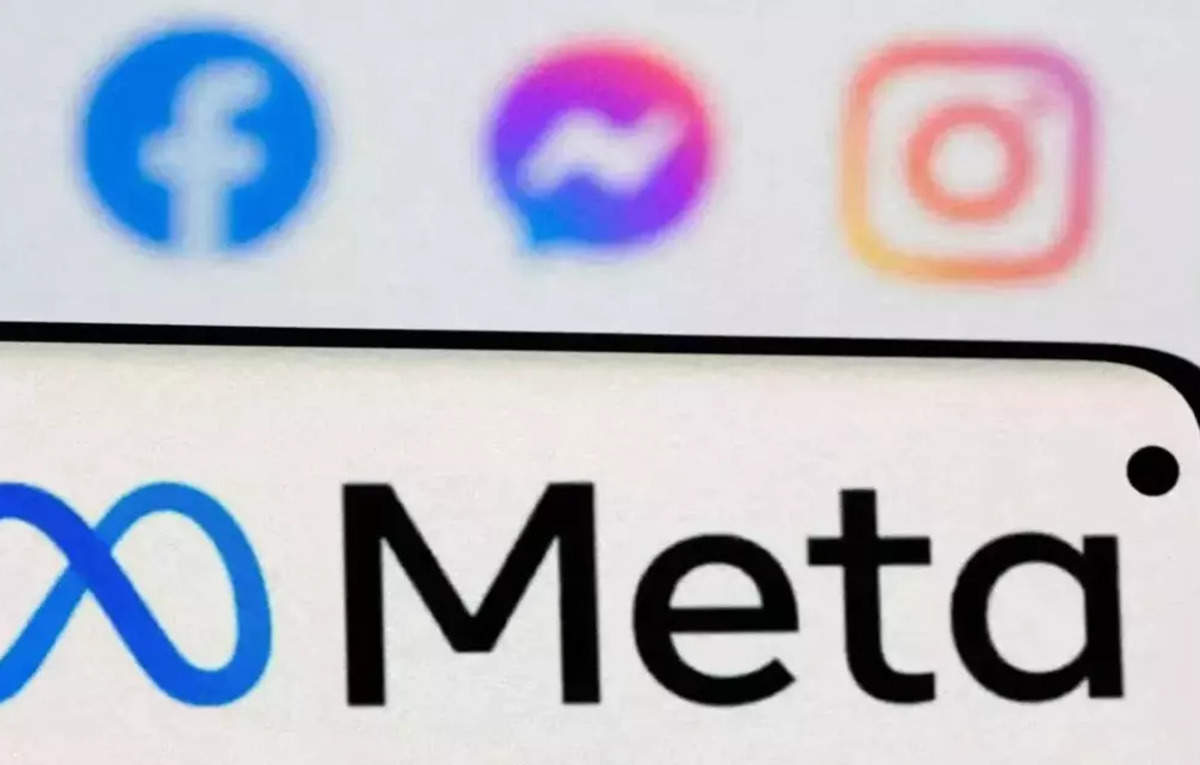Google and Meta, Facebook's parent company, have called on Australia to delay passing a proposed law that would impose one of the world's strictest age restrictions on social media usage.
The bill seeks to ban children under 16 from most social media platforms and require companies to implement robust age-verification systems, possibly using biometrics or government-issued IDs.

Prime Minister Anthony Albanese’s government aims to pass the legislation by Thursday, but critics argue the process has been rushed. Introduced just last week, the bill allowed only a single day for public submissions.
Google and Meta have urged the government to wait for the results of an ongoing age-verification trial, cautioning that implementing the bill without this data risks confusion and unforeseen impacts.
Did you read this?

Meta criticized the bill as “inconsistent and ineffective,” while TikTok expressed concerns over its lack of consultation with experts, social platforms, mental health advocates, and young people.
If enacted, the law would hold social media platforms—not parents or users—responsible for enforcing age-verification measures, with potential fines of up to AUD 49.5 million (USD 32 million) for violations.

Elon Musk’s X (formerly Twitter) raised concerns about the bill’s implications on children’s rights, including freedom of expression and access to information. Musk labeled the legislation as a covert means of controlling internet access.
Although Australia’s opposition Liberal Party supports the bill, independent lawmakers and experts have accused the government of prioritizing speed over thorough review.
A Senate committee evaluating the bill will submit its findings on Tuesday.









